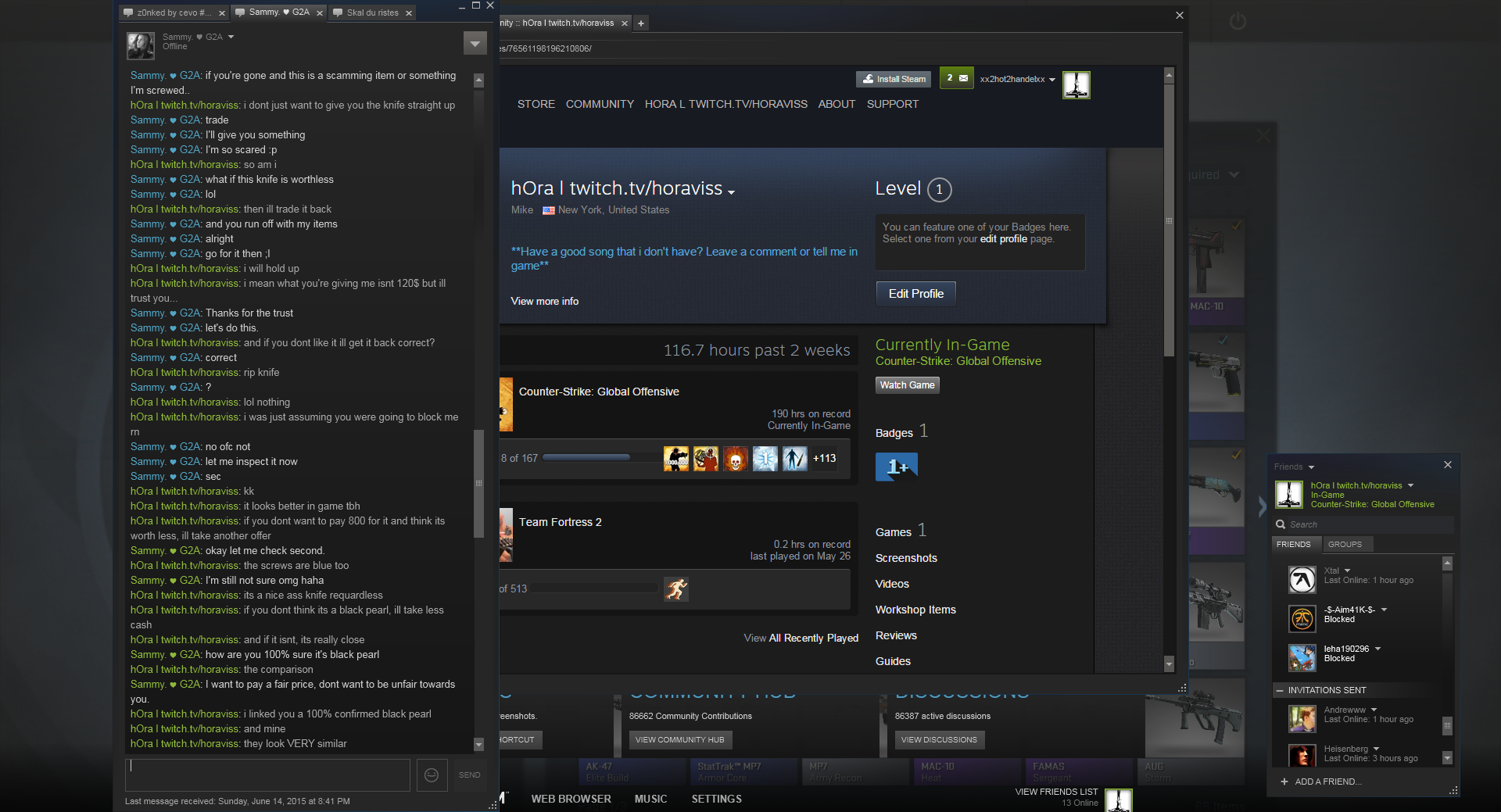BFN Lab: Insights and Innovations
Explore the latest trends and insights in technology, science, and innovation at BFN Lab.
CS:GO Report System: When Your Teammate's Toxicity Becomes a Tactical Advantage
Unleash the power of toxicity! Discover how your teammate's bad behavior can turn the tide in CS:GO and give you the ultimate edge.
Understanding the CS:GO Report System: A Guide to Tackling Toxicity
The CS:GO report system is an essential tool in maintaining a positive gaming environment by addressing toxic behavior. Players can report others for various offenses, including cheating, griefing, and abusive language. By utilizing this system, you contribute to a more enjoyable experience for everyone in the community. To effectively navigate the report system, it’s important to understand the categories you can report players under. Here are the primary categories:
- Cheating: Using hacks or exploits to gain an unfair advantage.
- Griefing: Intentionally sabotaging teammates.
- Abusive Behavior: Harassment, hate speech, or offensive language.
When you encounter a player that violates the CS:GO report system guidelines, follow these steps to report them:
- Open the scoreboard by pressing the Tab key during the match.
- Right-click on the player's name you wish to report.
- Select the appropriate reason for your report from the list provided.
Utilizing the report system not only helps you but also contributes to a healthier gaming community. Remember, the goal is to reduce toxicity and create a more welcoming environment for all players.

Counter-Strike is a highly strategic first-person shooter that has gained immense popularity since its inception. Players engage in intense team-based matches, where communication and map knowledge are crucial for success. For example, mastering inferno callouts can significantly improve a team's coordination and gameplay efficiency, especially on iconic maps like Inferno.
Turning Toxicity into Strategy: How to Benefit from Your Teammates' Behavior
In any team environment, toxic behavior can often feel like a dark cloud, looming over productivity and morale. However, recognizing these behaviors as strategic opportunities can transform the team dynamics for the better. Instead of reacting negatively to challenging personalities, consider conducting a thorough analysis of your teammates' behaviors. Identify key traits that contribute to this toxicity, and use them to inform your strategy. For instance, if a teammate frequently dismisses ideas, leverage this by presenting proposals that are exceptionally well-researched and robust. Anticipating and countering negativity not only strengthens your own position but also enhances the overall team climate.
Moreover, fostering open communication is essential in converting toxic interactions into productive outcomes. Create structured forums where team members can express their concerns without fear of backlash. This allows everyone to feel heard and reflects a collaborative spirit. Consider implementing team-building exercises that focus on empathy and understanding. By engaging in activities that promote connection, you can diminish the impact of harmful attitudes and cultivate a more supportive environment. Ultimately, turning toxicity into strategy is about leveraging challenges to emerge stronger and more cohesive as a team.
Is Your Toxic Teammate a Hidden Asset? Exploring the Psychological Edge in CS:GO
In any team-based game like CS:GO, interactions between players can significantly influence overall performance. A commonly overlooked aspect is the role of a toxic teammate. While their behavior may initially appear detrimental, much like a double-edged sword, it can also provide unexpected advantages. For instance, a teammate who is critical or overly competitive might foster a heightened sense of urgency and pressure that drives the entire team to improve their skills. This psychological edge could ultimately ignite a defensive spark that translates into superior team coordination and strategy.
Moreover, understanding how to leverage the strengths of a toxic teammate can be a game-changer. Recognizing that their intensity can serve as a catalyst for the team's motivation allows players to adopt a more constructive approach. Consider employing strategies such as open communication to address issues or using their critical insight to pinpoint weaknesses in your gameplay. Embracing these dynamics transforms the perceived negativity into a toolkit for growth, ultimately turning a potentially disruptive influence into a valuable asset in CS:GO.